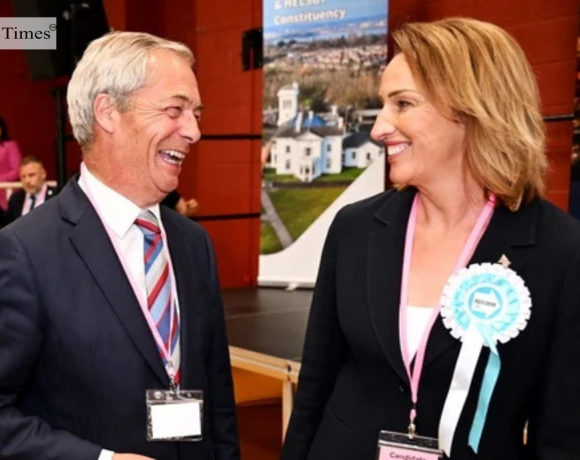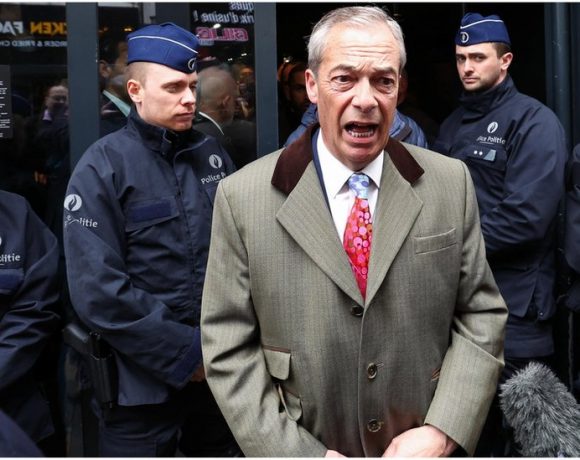
Britain’s right-wing Reform UK, led by veteran Brexit campaigner Nigel Farage, is facing its first real test of governance after securing control of nearly half the local authorities contested in 2025. The party, which has surged in popularity on fiery rhetoric against illegal immigration, the EU, and “woke” policies, is now grappling with everyday administrative issues such as taxes, waste collection, and pothole repairs. With control over 10 of 23 local councils, representing more than eight million residents, Reform must now demonstrate whether it can deliver beyond slogans and manage local affairs efficiently.
At the national level, Farage has pledged a sweeping overhaul of government spending, inspired by Elon Musk’s so-called Department of Government Efficiency (DOGE) model, claiming potential savings of £225 billion over five years. However, economists have dismissed these ambitions as unrealistic, warning they could risk a financial backlash similar to that seen under former Prime Minister Liz Truss. Locally, Reform officials, including Mark Arnull, leader of West Northamptonshire Council, are focusing on pragmatic steps such as renegotiating contracts and improving efficiency in social services—despite resorting to unpopular measures like raising council taxes by 5%.
Yet the party’s transition from protest to power has exposed internal strains and growing scrutiny. Accusations of racism, councillor infighting, and public backlash against moves like scrapping net-zero targets have underscored the challenges of governing. While supporters describe Reform as a “breath of fresh air,” critics argue it lacks experience and risks overpromising. With polls showing Reform ahead of both Labour and the Conservatives, the party’s local performance could determine whether Farage’s insurgent movement truly has what it takes to lead Britain.
Pic Courtesy: google/ images are subject to copyright

